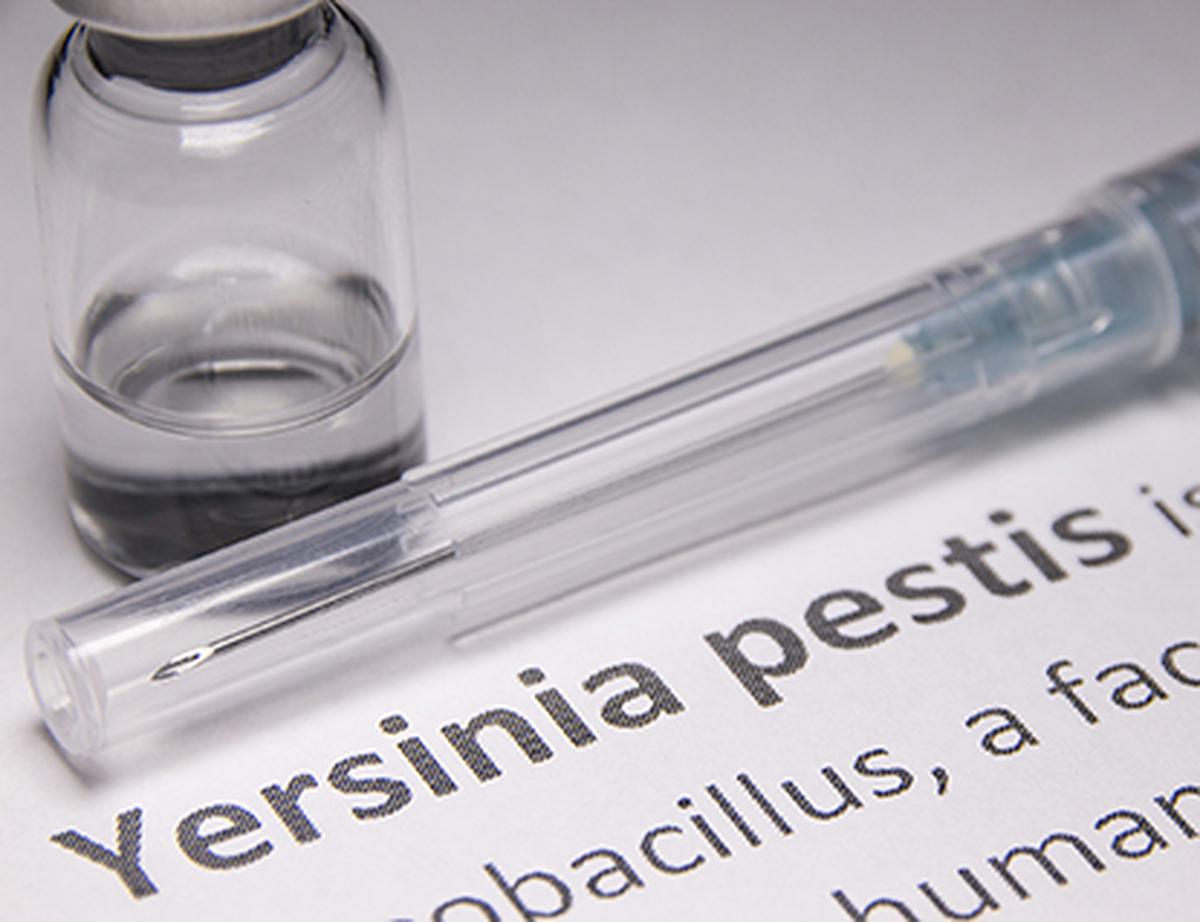The gene that protects the body from bubonic plague may lead to an increased risk of autoimmune diseases in today’s population.
The gene that protects the body from bubonic plague may lead to an increased risk of autoimmune diseases in today’s population.
The second largest plague epidemic, the Black Death, wiped out almost half the population of Europe and North Africa. The plague devastated Europe from 1347 to 1351 and continued to reappear in certain regions centuries later.
Now a group of international scientists have analyzed DNA samples from plague survivors and found that some genes produce proteins that protect the body from the disease. However, these same genes have now been linked to an increased risk of autoimmune diseases.
The Black Death or Bubonic Plague is said to have originated in the East. called plague-causing bacteria Yersinia pestis traveled on rat fleas aboard ships bound for the Mediterranean. From there it quickly spread inland, reaching the fringes of the European continent by 1350, including Scotland, Scandinavia and the Baltic countries. Rough estimates show that the plague has claimed the lives of 25 million people across Europe.
The study, published in Nature, examined over 500 DNA samples – focusing on a 100-year period – from the remains of people who died before, during and after the plague. They took samples from people buried in London, including the East Smithfield plague pits, and in Denmark.
Also read | Sediment samples from Antarctica reveal DNA millions of years old
In the search for genetic adaptation linked to the plague, scientists found that the Black Death was a powerful selective force that altered the genetic diversity associated with the immune system.
The study, which included researchers from McMaster University, the University of Chicago, the Pasteur Institute and other organizations, found that people with two identical versions (alleles) of the ERAP2 gene were 40% more likely to survive the plague than those with the opposite version of the gene, as the “protective” version of the gene was much more effective at fighting off the pathogen.
“If a pandemic of this type – in which 30 to 50 percent of the population dies – occurs, there will inevitably be selection for protective alleles in humans, meaning that humans susceptible to the circulating pathogen will succumb. Even a small advantage decides whether you survive or pass. Of course, the survivors will pass on their genes to reproductive age,” said Hendrik Poinar, one of the authors of the study and director of McMaster University’s Ancient DNA Centre.
While these genes once protected people from the plague, the study showed that they are linked to making today’s population more susceptible to autoimmune diseases such as Crohn’s disease, rheumatoid arthritis and lupus.
Science for All | What is RNA origami?
Scientists have previously tried to find the link between autoimmune risk alleles and adaptation to previous infectious diseases. The empirical evidence presented in the paper has linked the selective forces of past pandemics to today’s disease vulnerability, the study noted.
dr Poinar explained in an email whether such events could occur in the context of the Covid-19 pandemic The Hindu“I’m sure all pandemics have selection events, but it depends heavily on which age of the population bears the brunt of mortality. With Black Death it was children and young adults (and older people too) – but these are the ones who could have passed on their genes but never got it. With Covid – the bulk of the damage lies with the elders who have passed on their genes and therefore their genetics will not be ruled out in subsequent generations.”
Another factor that drove up the mortality rate during the Black Plague was the vulnerability of the people living in Europe. The population had not been exposed in the 14th century Yersinia pestis in the recent past. As waves of the pandemic swept across the continent, death rates also fell.
“I was surprised to see that a single pandemic would be strong enough to leave separable signatures of natural selection in the human genome. This type of study informs us about the immune functions that have been favored over the course of evolution. Understanding such patterns is not only important from an evolutionary perspective, but can also shed light on the mechanisms and genetic determinants of disease susceptibility today,” said human geneticist Luis Barreiro, co-author of the paper and professor of genetic medicine at the University of Chicago.
#Gene #helped #overcome #Black #Death #put #danger


Leave a Comment